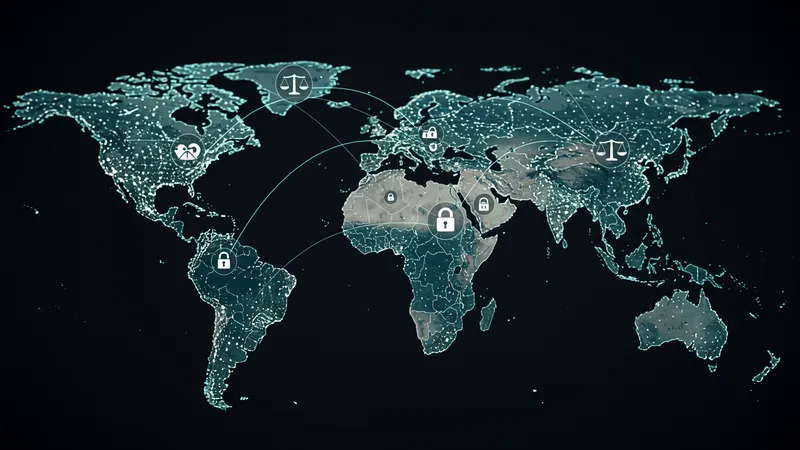
Best VPN Services For Privacy And Security In South Asia
The Global Shift Towards VPN Security Compliance
Regulatory standards around VPN services have been shifting on a global scale, influencing the capabilities and frameworks of VPN providers. These regulations often affect how VPNs handle data, store information, and function under various jurisdictions. Understanding these changes is vital for users seeking both privacy and compliance with applicable laws.

In regions like Europe and the US, GDPR and similar laws dictate strict data handling protocols. However, South Asia’s approach remains inconsistent, presenting both challenges and opportunities for providers. This inconsistency requires users to be aware of both local and international data privacy laws and how they impact VPN operations in their region.
As privacy becomes more paramount, users need to grasp how these legislative changes influence their internet activities. Compliance not only ensures legal protection but also enhances trust between users and providers. Providers offering transparency and adherence to laws are more likely to be perceived as credible.
But with a larger focus on compliance comes increased responsibility on the part of VPN users to self-educate and stay informed. The ever-evolving legislative landscape brings unforeseen implications for ongoing internet privacy. Yet, more questions arise about the true scope of compliance worldwide.





